Understanding the cost of hiring a game developer is crucial for project planning. Rates can vary significantly based on factors like experience, location, and project complexity.
Let’s delve into the key components that influence game development costs and explore average pricing trends in the industry.
How Much Does It Cost to Hire a Game Developer?
On average, a game developer earns about $101,644 yearly, but top earners can reach up to $167,000. Yet, some might start at $35,000. Evaluating their past game portfolio is common during vetting.
IOS game developers often command higher fees compared to Android peers. Hourly rates hover between $20 to $30, influenced by project needs and employment terms.
What Are the Roles of a Game Developer?
In the dynamic realm of game development, various roles contribute to the creation of immersive and captivating virtual experiences. Each role brings a distinct set of skills and expertise to the table, collectively shaping the intricate process of game creation.
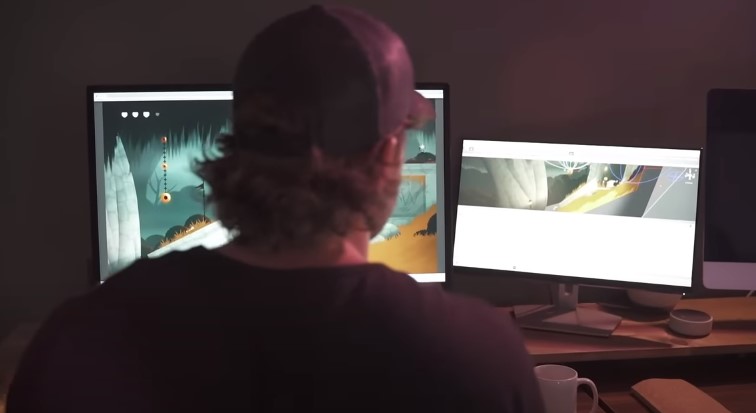
Building the Foundation
At the heart of game development, programmers write the code that forms the backbone of a game. They bring the creative vision to life by translating concepts into functional gameplay mechanics, graphics, and interactive elements.
Working with programming languages like C++, Java, and Python, they ensure smooth gameplay, fix bugs and optimize performance.
Crafting Gameplay and Mechanics
Game designers focus on gameplay, mechanics, and overall player experience. They conceptualize game concepts, levels, and puzzles, striving to strike a balance between challenge and enjoyment.
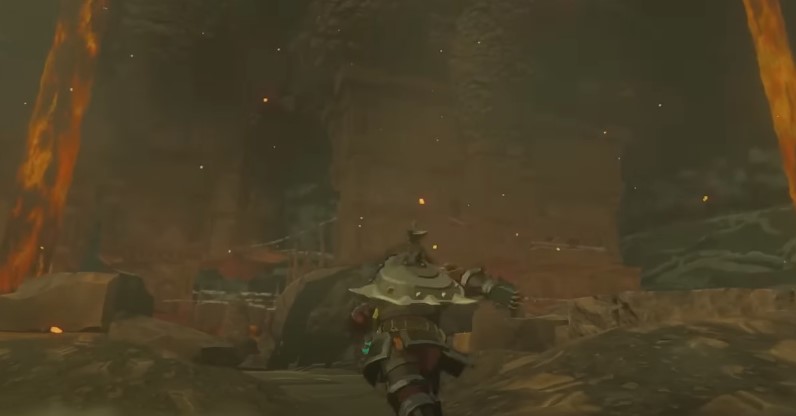
Collaborating closely with programmers, artists, and writers, designers create the rules that govern the virtual world, ensuring an engaging and coherent player journey.
Infusing Visual Aesthetics
Game artists are the visual storytellers, responsible for creating the game’s visual elements. They design characters, environments, objects, and visual effects, translating ideas into eye-catching graphics.
Artists work with various tools like 3D modeling software, digital painting tools, and animation software to give life to the game world’s aesthetics.
Weaving Narrative Threads
Narrative and storytelling are integral to many games. Game writers craft compelling plots, dialogues, and narratives that immerse players in the game’s universe.
Whether creating intricate lore for role-playing games or writing witty lines for casual games, their words add depth and meaning to the gameplay.
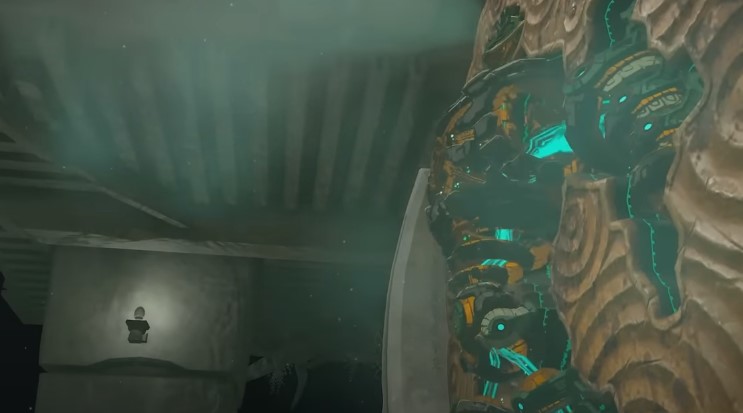
Enhancing Immersion Through Audio
Sound designers create auditory atmospheres that enhance the player’s immersion. They produce music, sound effects, and ambient sounds that evoke emotions and reactions.
From the ominous creak of a door to an epic orchestral score, audio enriches the gameplay experience.
Ensuring Seamless Performance
Quality assurance testers meticulously examine games to identify bugs, glitches, and usability issues. They playtest, report issues, and ensure that the final product meets the desired standards of performance, functionality, and user-friendliness.
Orchestrating the Process
Game producers oversee the entire development process, coordinating the efforts of various teams, managing budgets, and ensuring that the project stays on track.
They bridge the gap between creativity and logistics, guiding the game from concept to completion.
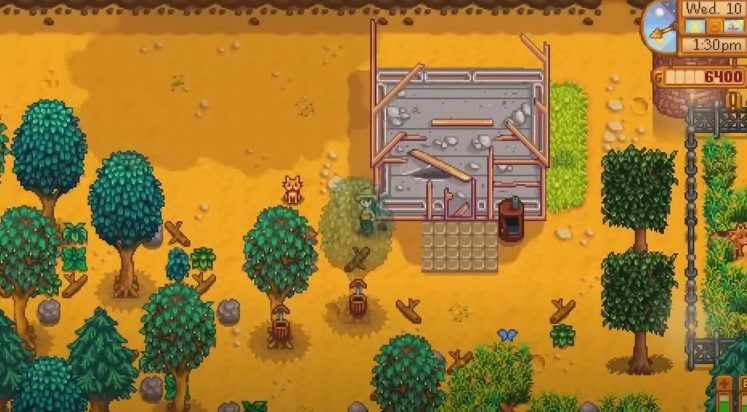
What Affects the Cost of Hiring a Game Developer?
The cost of hiring a game developer can vary significantly, influenced by a range of factors that shape the complexity, scope, and expertise required for a successful game development project.
Understanding these variables is essential for budgeting and selecting the right professionals for the job.
Experience and Expertise
The level of experience a game developer brings to the table is a critical determinant of their cost. Seasoned developers with a track record of delivering successful games often command higher fees due to their refined skills and the value they bring to the project.
Their ability to foresee challenges, optimize code, and craft engaging gameplay can significantly impact the quality of the final product.
Project Complexity
The complexity of the game plays a pivotal role in determining costs. Simple mobile games with basic mechanics might require fewer resources and time compared to expansive multiplayer titles with intricate systems, physics simulations, and detailed visual assets.
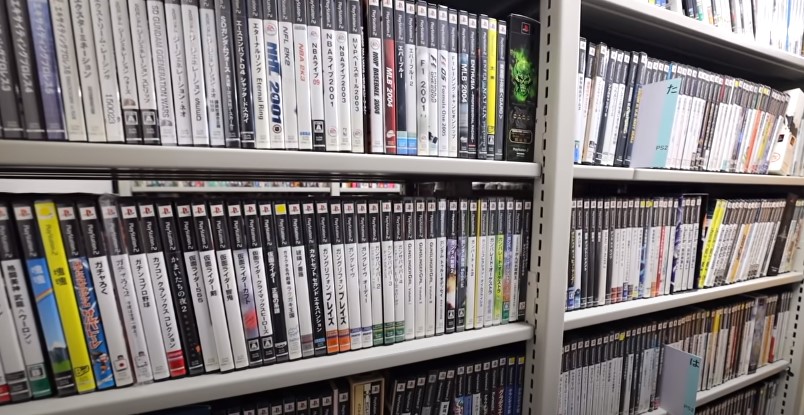
More complex projects demand developers with specialized skills, potentially leading to higher rates.
Platform and Technology
The choice of platform and technology stack can affect costs. Developing for different platforms, such as PC, console, or mobile, requires adapting the game to various hardware and software specifications.
Additionally, selecting specific game engines or technologies can impact development time and expenses, as some engines might expedite certain aspects of the process.
Location
Geographical location is a factor that influences costs. Developers’ rates can vary significantly based on their location due to differences in the cost of living and prevailing market rates.
Hiring developers from regions with lower living costs might offer cost savings, but communication and time zone differences should be considered.
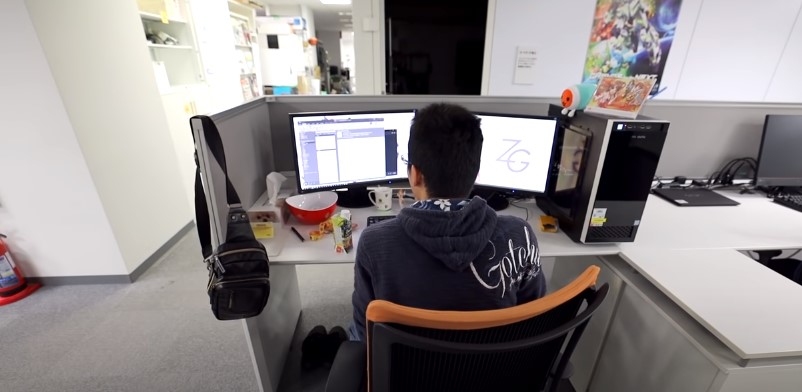
Project Timeline
The timeline for completing the project can impact costs. Tight deadlines or the need for accelerated development may require developers to allocate additional resources and effort, potentially affecting the overall cost of the project.
Specializations
Game development encompasses various specialized roles, such as programmers, artists, designers, and sound engineers. The need for specialists with specific skills can affect costs.
For instance, hiring a skilled 3D artist for detailed character models or a composer for an original soundtrack can contribute to the overall expenses.
Additional Services
Beyond core development, additional services like game testing, quality assurance, and post-launch support can influence costs. Ensuring the game functions smoothly, identifying and resolving bugs, and providing ongoing updates contribute to the overall investment.
Freelancers Versus Studios
The choice between hiring individual freelancers and game development studios also affects costs.

While freelancers might offer competitive rates for specific tasks, studios often provide a cohesive team with diverse skills, potentially streamlining the development process. However, studio rates tend to be higher due to their collective expertise.
Licensing and Assets
The need for licensed software, libraries, or visual assets can impact costs. Licensed tools or assets may expedite development but can come with additional fees.
What to Look for When Hiring a Game Developer?
Hiring a game developer is a critical step in bringing your virtual vision to life. Finding the right developer involves assessing a combination of skills, experience, and compatibility to ensure the success of your game development project. Here are essential factors to consider when selecting a game developer.
Skill Set and Expertise
Evaluate the developer’s skill set to ensure they possess the technical capabilities required for your project. Different genres and platforms demand specific skills, from programming languages and engine proficiency to art styles and sound design.
Scrutinize their portfolio to confirm their competence in the areas that align with your game’s needs.
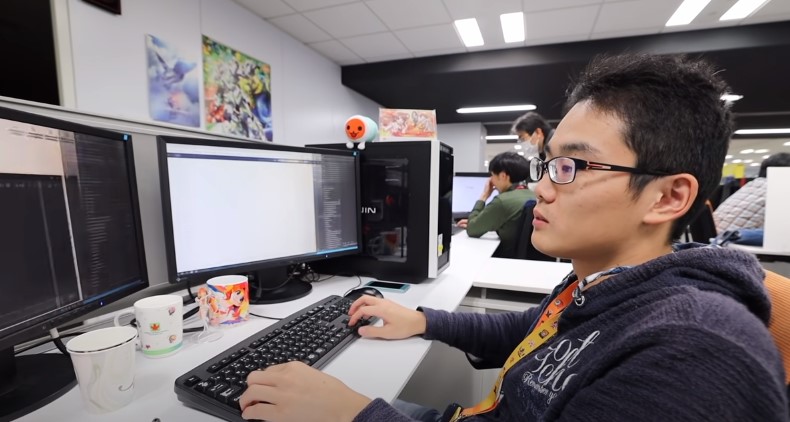
Portfolio and Past Work
Review the developer’s portfolio to gauge the quality and diversity of their past projects. This gives you insights into their creative approach, attention to detail, and the types of games they’ve contributed to. A strong portfolio reflects a developer’s ability to deliver on your vision.
Understanding of Your Vision
Effective communication and a shared understanding of your game’s concept are crucial. A developer who grasps your vision and can provide input to enhance it can lead to a more collaborative and successful partnership.
Look for someone who asks insightful questions and demonstrates enthusiasm for your project.
Problem-Solving and Adaptability
Game development often involves overcoming unforeseen challenges. A developer’s problem-solving skills and adaptability are paramount. Inquire about how they’ve navigated obstacles in previous projects and their willingness to pivot when necessary.
Teamwork and Collaboration
Game development is a team effort, requiring collaboration among developers, designers, artists, and more. Ensure the developer can work effectively within a team, communicate ideas clearly, and accept constructive feedback.
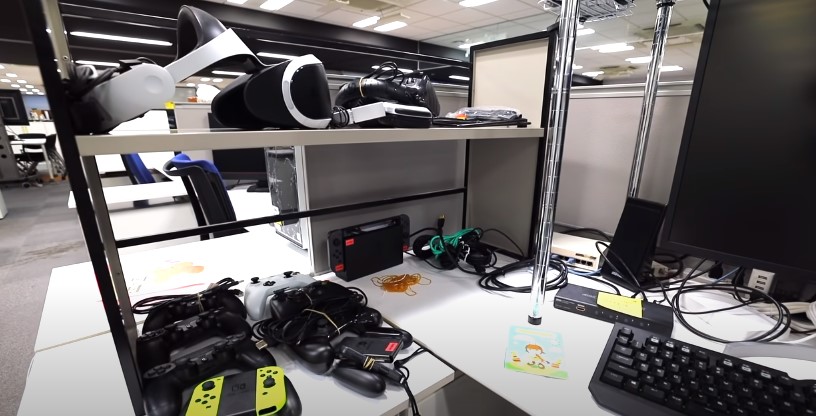
Time Management and Deadlines
Timely delivery is essential in the dynamic world of game development. Discuss their approach to project timelines, how they manage tasks, and their ability to meet milestones. Reliable developers understand the importance of adhering to deadlines.
Creativity and Innovation
Seek developers who bring fresh ideas and innovative thinking to the table. Creativity can elevate your game’s uniqueness and market appeal. Ask about instances where they’ve introduced creative solutions or unique mechanics in their projects.
Feedback and References
Gather feedback from previous clients or collaborators. This provides insights into the developer’s work ethic, professionalism, and overall experience of working with them. Positive references can reinforce your decision.
Budget Alignment
While cost is a factor, prioritize value over the lowest bid. A developer who aligns with your budget while meeting other criteria will likely provide a more satisfying outcome.
Passion for Gaming
A genuine passion for gaming can drive a developer to invest extra effort and creativity into your project. Look for candidates who share your enthusiasm for the gaming industry.

What Are the Skills Necessary for a Game Developer?
Game developers require a versatile skill set to succeed in crafting compelling virtual experiences:
- Programming Languages. Proficiency in languages like C++, C#, Java, or Python for coding game mechanics and logic.
- Problem-Solving. Strong analytical skills to troubleshoot technical issues and optimize performance.
- Game Design Principles. Understanding of gameplay mechanics [1], level design, and player engagement for creating immersive experiences.
- Artistic Abilities. 2D and 3D graphics, animation, and visual effects skills to design captivating visuals.
- Sound Design. Knowledge of audio elements, including sound effects and music composition, to enhance player immersion.
- Collaboration. Effective teamwork and communication with diverse roles like artists, designers, and writers.
- Game Engines. Familiarity with engines like Unity or Unreal Engine for streamlined development.
- Continuous Learning. Keeping up-to-date with evolving technologies and industry trends to ensure innovative creations.
- Time Management. Efficiently managing tasks and adhering to project timelines.
- Adaptability. Ability to pivot in response to challenges and evolving project requirements.
Conclusion
In the realm of game development, costs for hiring a game developer vary widely due to factors like experience, project complexity, and location. Careful consideration of these elements is essential for accurate budgeting and finding the right developer to bring your gaming vision to reality.

